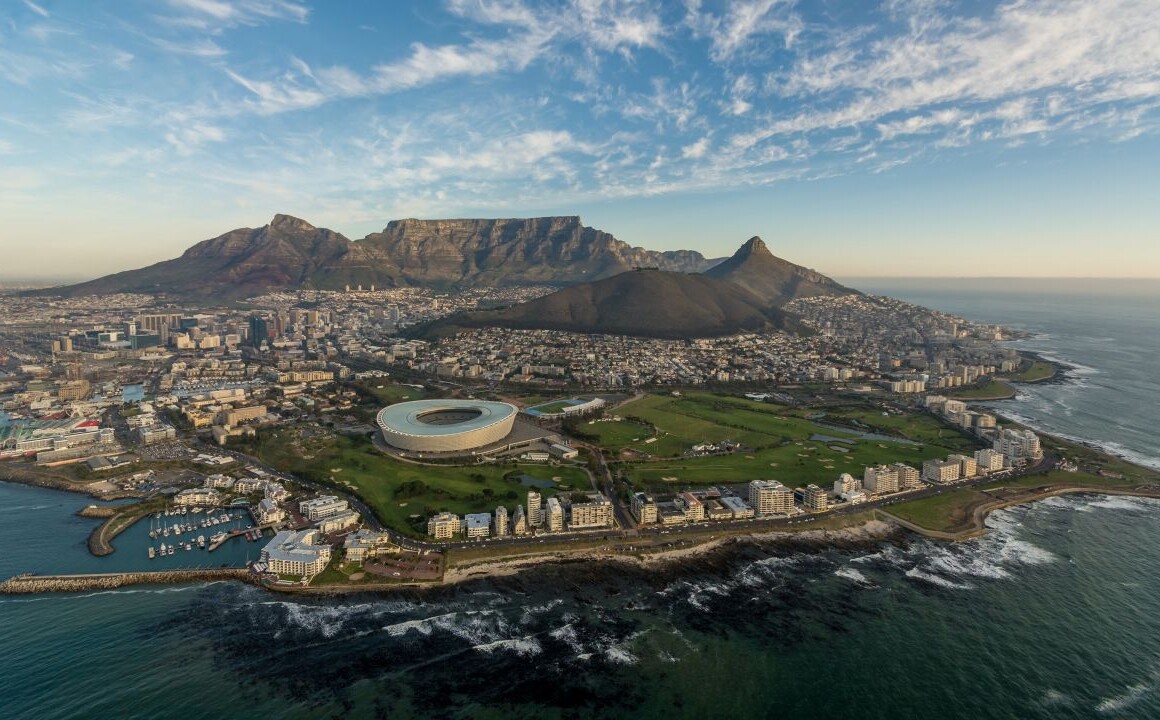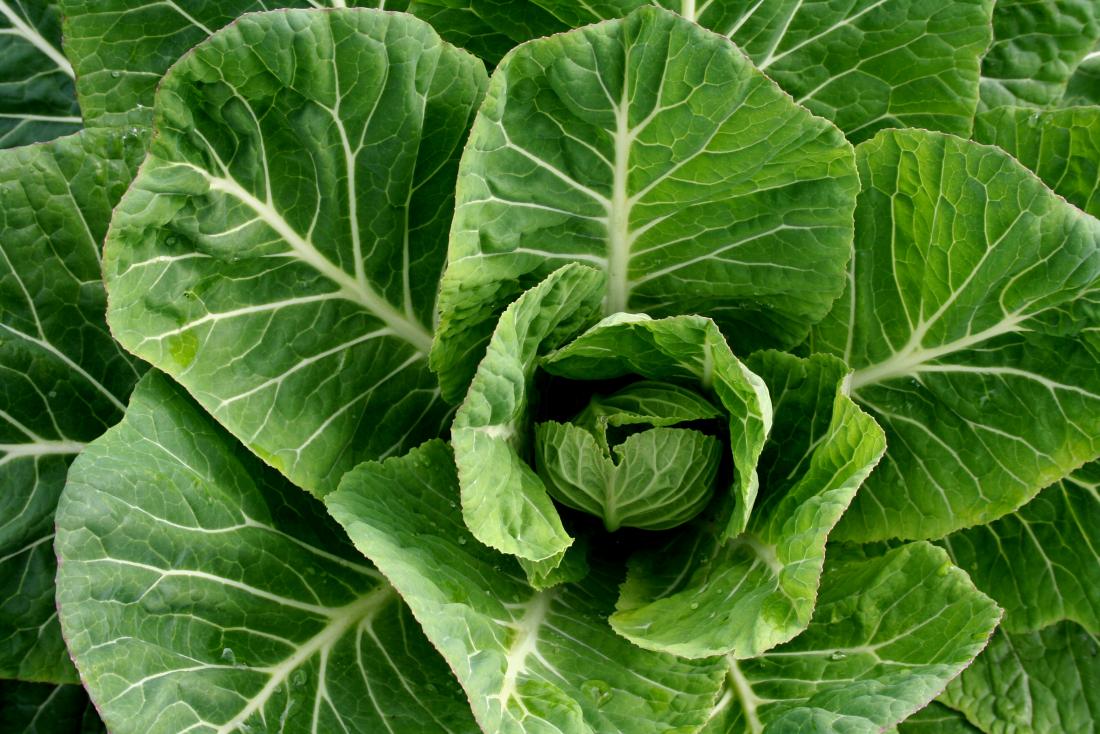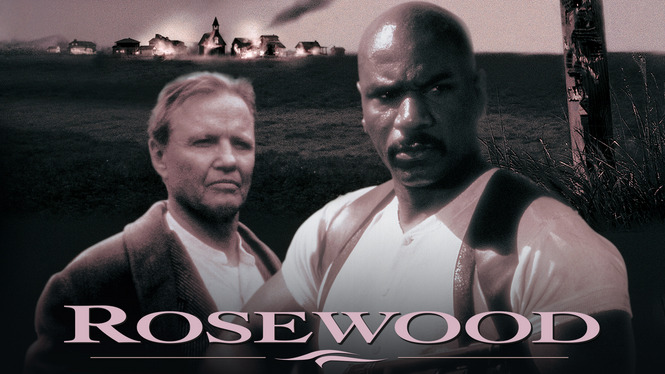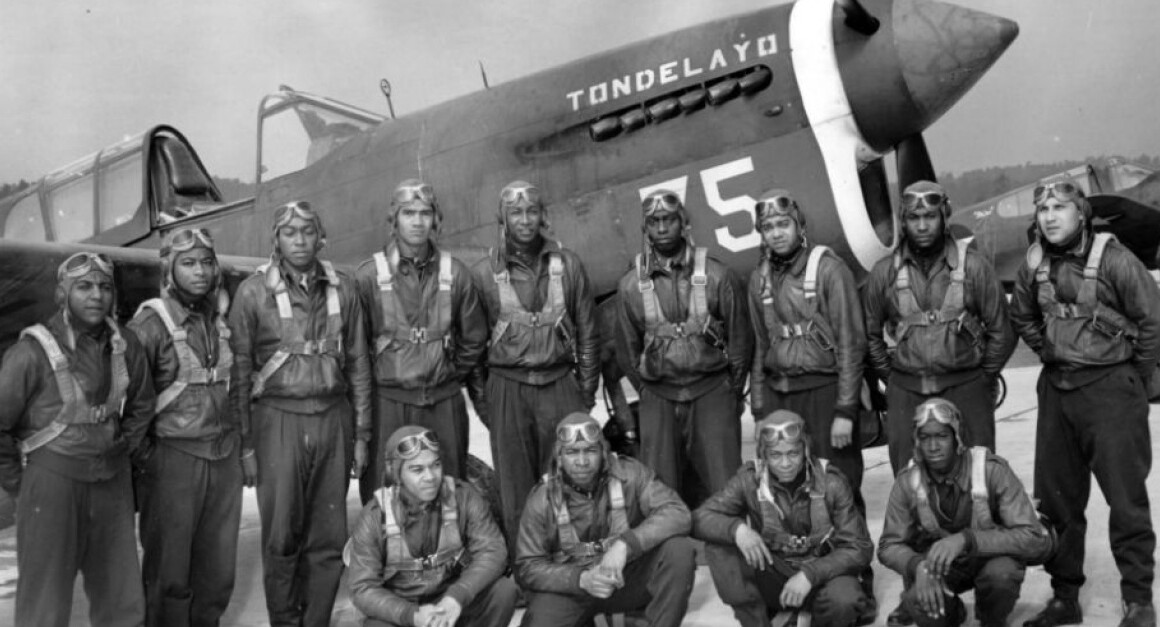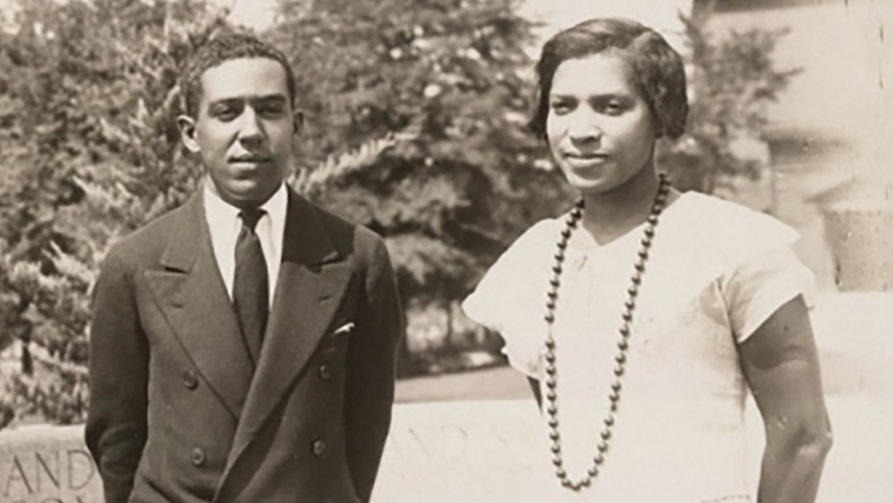Blacks In Cuban Medical School by Zekita Tucker
In the midst of all the US-Cuban relations stories, primarily, the focus is on the imposed economic sanctions against Castro’s Cuba. But, there is a story of unity, progression, and humanitarian efforts lying within those pages written about Cuba. It is one that is hardly, if ever told; a story that calls attention to the concern for human life above economic strife.
Since 2001, the Latin American School of Medical Sciences (LASMS) in Havana, Cuba has been admitting students from various countries in Latin America and Africa, as well as low income minority students from the U.S. into its six year medical program (particularly African Americans and some Hispanics). Since the program began in 2001, it has maintained that all of tuition, housing, and meals are free. In some cases the only necessary financing by students is for the trips to Cuba for school and back home again.
Each year there are an estimated 500 slots open to prospects from poor African American communities in the U.S. and from many other “third world” countries. These prospective students are all required to be from poor communities and the only graduation requirement is that they return to poor and/or destitute environments to provide proper healthcare for the people who need it most.
Many African Americans who have an interest in Medicine or Healthcare and have been fortunate enough to learn about this program have taken advantage of it without hesitation. According to an article found at redandgreen.org (/information/cuba_medical.htm), since the first year of the program Cuba has been willing to accept up to 250 African American students out of the 500 total open slots for low income Americans. While participating in this program and taking full advantage of the opportunity to get a free education in a particular discipline of the Medical Sciences, the African American population can embrace the chance to make a tremendous impact on its own communities without the dependence on the long and tedious process of seeking financing for higher education and perhaps the rejection of sorts.
There are two installments within our society that are conducive on both the community and the national level. 1) The African American population receives an increase in qualified medical professionals who are trained to take care of those in need or in extreme poverty. 2) The students who attend become bilingual, speaking Spanish fluently. This is a major plus because not only will these extraordinary women and men become an essential element in the healthcare of the impoverished African American communities, but they can also practice in poor Hispanic communities while having clear and open communication with America’s growing Hispanic population. The information for applying and detailed programs can be found at Afrocubaweb.com.
The only requirements for American applicants (listed by Interreligious Foundation for Community Organization –IFCO) are:
- • You must be a U.S. citizen • You must be between the ages of 18-30 • Be mentally and physically fit • Come from the neediest communities in the U.S. • Be committed to practice medicine in poor and underserved U.S. communities after graduation
Black communities suffer greatly in the aspects of proper health care coverage as well as caring and quality health care providers. Potentially, there are many great black doctors and other medical professionals untrained and waiting in the trenches due to lack of the economic resources necessary to penetrate the sturdily built walls of being enrolled in many U.S. medical schools. The African American collective is saturated with persons of exceptional intellectual capabilities, phenomenal talents, and compassion that is undermined by the conditions in which many of us are forced to live (circumstantially).
The average cost of both public and private medical schools in the U.S. can exceed $50,000 annually. The cost of medical school in the United States can leave most graduates in a pool of debt soon after graduation. These exorbitant tuition fees alone can make the idea of going to medical school for members of poor communities seemingly unrealistic and even nonexistent in some cases. The social and economic disadvantages of members of these communities shed light on a superfluous disparity between the demand for proper health care of the poor and the supply of doctors and/or medical professionals who will care enough to come back to these environments to provide for the people who are desperately in need.
U.S. political ‘bouts’ with Cuba has undoubtedly been instrumental in the neglect or rather the ignoring (by most American media) this program. While we are fed constantly with advertisements, commercials, pamphlets, etc. about improving the individual life and attaining some level of ‘success’ in this country, we overlook the fact that there is always some price tag on our definitions of success. Not to mention, that there may be some concern by the U.S. that too much talk of this ‘free’ education will send too many African Americans packing and ultimately there may be a fear that we may see life outside of our borders and re-analyze our positions, our strategies, and ultimately the imposed ‘American Way’ of Life.
Though you can be fed all day long about how bad every other political ideology except ‘democracy’ is bad- there is hardly ever a time when we are shown through media that the world is not just black and white; there are more grey areas than many of us can ever imagine. During hurricane Katrina, Cuba opted to send approximately 1,400 highly trained emergency physicians to New Orleans to care for the ill and those who required immediate care. But in most of the mainstream American media, it was never mentioned.
In Race and Empire: African American and Cubans before the Cuban Revolution (1997), it states that out of the U.S. population est. at 290 million there are only about 17,000 African American physicians, but in Cuba a small ‘third world’ country of an est. 11 million; there are approximately 64,000 practicing doctors and about 13, 500 are black. In the U.S. amongst the African American population, there is obviously a lack of doctors. But this is not because there is a lack of intellect, ambition, or lack of urgency when it comes to caring for our ill or fallen. This is largely due to a lack of financial resources.
After all of the hardships that have been endured by African Americans, we now have access to a program that is easily accessible and grants us a gift that is truly priceless- education. Cuban educated doctors are acclaimed pioneers in current research in vaccinations and some biotechnology. The LASMS (Latin American School of Medical Sciences) produces forerunners in healthcare and the saving and prolonging of human lives.
No matter the American propaganda machine that attempts to turn its citizens against seeking help from those outside of the U.S. who fail to comply with privatized and privileged standards and conditions- African Americans should take full advantage of this opportunity that is being kept from our eyes and ears while we struggle to pay for our education and to be treated for our ills. We need to understand that this program is far from some small scale attempt at swaying U.S. citizens into becoming supporters of communism as some have declared. This opportunity is placed on a grand scale and is backed by members of our own Congressional Black Caucus (CBC) as a potential way to change up the game and perhaps finally be in our favor.
Cuba has purported its historical link with Africa and African Americans. This country lends huge support to the AIDS crisis in Africa and now to the poverty stricken remnants of African American oppression in America. It recognizes and accepts our historical and contemporary place on the planet. Although, producing more black doctors is not the end all say all to our very complex community issues; every bit from every helpful source counts in a concerted effort. After hearing our complaints and watching our struggles from abroad, there are those outside of this country who are reaching out to us even when no one here at home will. We had better start grabbing on to some of those hands.




